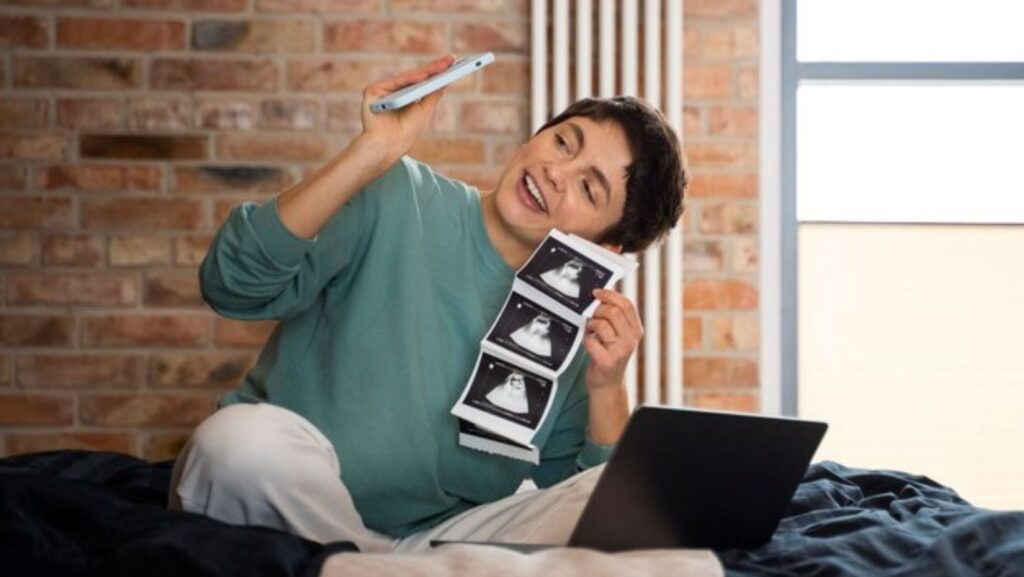A new AI model has demonstrated the ability to accurately screen for childbirth-related post-traumatic stress disorder (CB-PTSD), according to a study conducted by Massachusetts General Hospital (MGH), a founding member of the Mass General Brigham healthcare system.
The findings, published in Scientific Reports, suggest that AI could improve maternal mental health care by providing a faster, cost-effective screening method.
AI Model Identifies PTSD Risk Through Childbirth Narratives

The study, led by Sharon Dekel, PhD, director of MGH’s Postpartum Traumatic Stress Disorders Research Program, examined the capabilities of several AI models, including versions of OpenAI’s ChatGPT, to analyze brief narrative accounts from postpartum women. Researchers found that an AI model known as text-embeddings-ada-002 was particularly effective in identifying women at risk of CB-PTSD. The model achieved an 85% sensitivity and 75% specificity rate in detecting cases of postpartum traumatic stress.
“Evaluation of PTSD related to traumatic birth currently relies on extensive clinician evaluation, which fails to meet the urgent need for a rapid, low-cost assessment strategy,” Dekel said. “The use of brief patient narratives of childbirth analyzed by AI’s text-based computational methods could become an efficient, patient-friendly strategy for detecting CB-PTSD after a traumatic birth.”
Childbirth-Related PTSD: A Growing Concern
Childbirth-related PTSD affects an estimated eight million women worldwide each year, often resulting from medically complicated or traumatic deliveries. If left untreated, CB-PTSD can negatively impact maternal-infant bonding, mental health, and overall well-being, with significant long-term societal costs.
Researchers collected narrative accounts from 1,295 women who had recently given birth to conduct the study. These personal descriptions were converted into numerical data and analyzed using a machine-learning algorithm developed by the research team. The AI-driven approach outperformed other large language models in identifying PTSD symptoms, highlighting its potential for integration into routine obstetric care.
AI in Maternal Health: A Step Toward Early Intervention
Dekel emphasized that early intervention is critical to preventing the progression of PTSD into chronic stages. “Our unique approach could introduce an innovative and cost-effective screening strategy for identifying high-risk women and facilitating timely treatment,” she said.
The study also suggests that AI models could be adapted to screen for other mental health conditions, further expanding their role in healthcare. Mass General Brigham, one of the nation’s largest academic health systems, is actively exploring the responsible implementation of AI tools across clinical and administrative settings.
As AI continues to evolve, researchers anticipate its applications in maternal health will improve accessibility to mental health screening and intervention, ultimately enhancing patient outcomes.
Reference: Alon Bartal, Kathleen M. Jagodnik, Sabrina J. Chan, Sharon Dekel. AI and narrative embeddings detect PTSD following childbirth via birth stories. Scientific Reports, 2024.